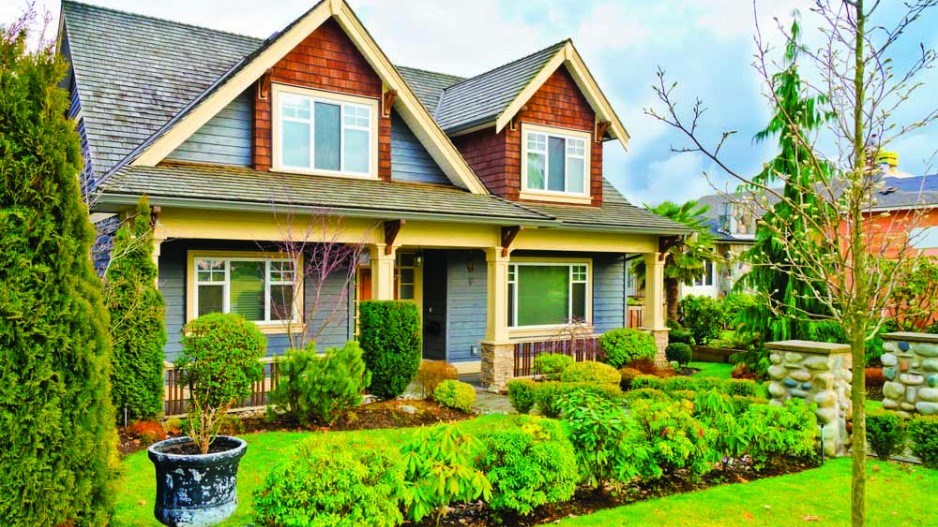The real-estate sector was slumping when the BC Liberals came to power in May 2001. Annual housing starts had fallen to about 17,000 in 2001, according to Canadian Mortgage and Housing statistics. That compares with more than 40,000 housing starts in 1992, when the previous NDP government was in power. Housing starts levelled off at around 25,000 annually in 2010.
Real estate
Home prices, however, have risen steadily to $901,000 in January 2013 from $354,010 in May 2001, according to the Real Estate Board of Greater Vancouver.
M Hanson Advisors released a study in October 2011 that encapsulated how affordability has been falling. It noted that, in 2001, Vancouver home prices cost 26 times the average Vancouverite's personal disposable income. That compares with 13 times that income in 2001 and eight times that income in 1987.
The Liberals' decade in power stimulated the economy not only with significant cuts to personal and corporate taxes but also by slashing red tape, according to Urban Development Institute Pacific Region CEO Anne McMullin. That in turn has drawn international investment to stimulate the economy and spur development.
Corporations have increasingly sought LEED-certified buildings and she said the Liberals "greened the building code" by toughening energy regulations.
McMullin's only critique of the Liberals' decade in power is that they did not co-ordinate transportation investment and density policies enough with municipalities.
"We need to do a better job linking transportation infrastructure investment with land use planning," McMullin said. "The province invests billions of dollars in transit and transportation infrastructure. The province should have commitments from the municipalities for the land uses near those investments, for example increasing densities near transit stations."
McMullin said the current state of the industry is partly a result of provincial government policies and partly a result of broader economic forces.




